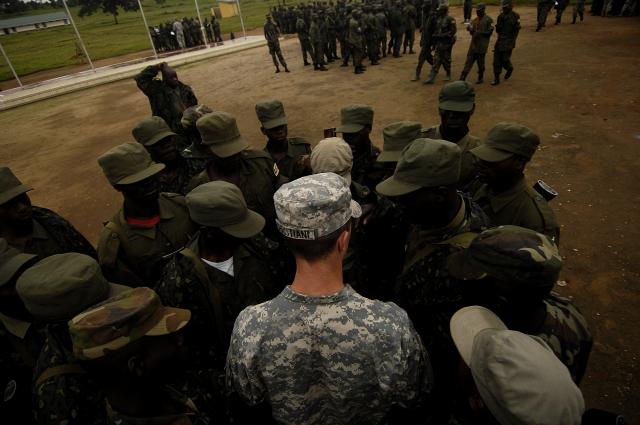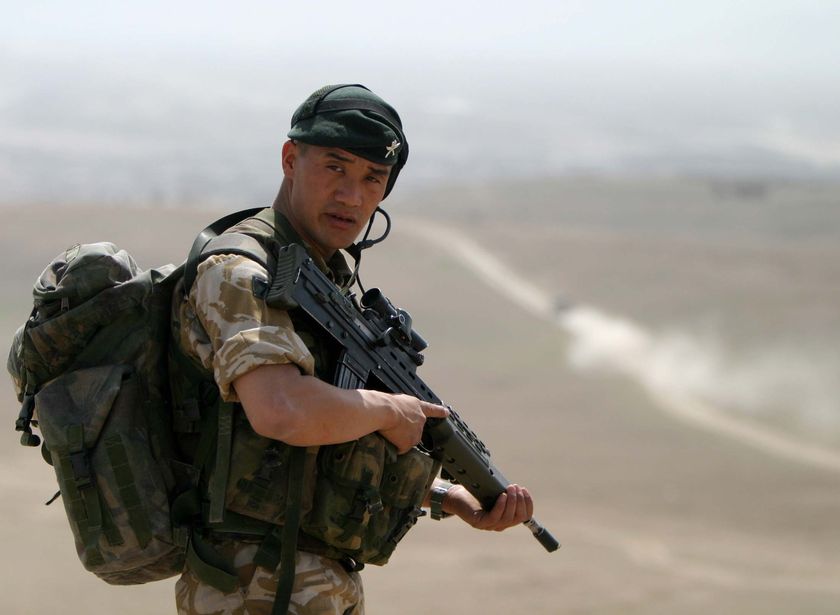The United States military is expanding a secret network of air bases across Africa in order to spy on Al-Qaeda and other militant groups, the Washington Post reported.
The surveillance is carried out by small, unmarked turboprop planes with hidden state-of-the-art sensors that fly thousands of miles (kilometers) between air bases and bush landing strips across the vast continent, it said.
The program, dating back to 2007, underscores the massive expansion of US special forces operations in recent years and the steady militarization of intelligence operations during the decade-long war on Al-Qaeda.
Bases in Burkina Faso and Mauritania are used to spy on Al-Qaeda in the Islamic Maghreb (AQIM), while bases in Uganda are used in the hunt for the Lord’s Resistance Army, a brutal guerrilla movement led by Joseph Kony, who is wanted for war crimes by the International Criminal Court.
The Post said there were plans to open another base in South Sudan to help hunt for Kony, who is wanted in connection with a series of atrocities and operates in some of the most remote and inaccessible parts of central Africa.
In East Africa, US aircraft operating out of Djibouti, Ethiopia, Kenya and the Seychelles archipelago spy on Somalia’s Qaeda-inspired Al-Shebab militia and have reportedly launched attacks on wanted militants.
The Post said the fleet of surveillance planes is made up of single-engine Pilatus PC-12s, small passenger and cargo planes manufactured in Switzerland.
The newspaper said one of the secret bases is in a secluded hanger in Ouagadougou, capital of the predominantly Muslim country of Burkina Faso in West Africa.
It said dozens of service members and contractors strive to be discreet, but stand out in the city center and are appreciated for the business they bring to bars and restaurants.
Burkina Faso’s Foreign Minister Djibril Bassole, in an interview with the Post, declined to answer questions about US special forces operations in his country but said he appreciates US security cooperation.
“We need to fight and protect our borders,” the Post quoted him as saying. “Once they infiltrate your country, it’s very, very difficult to get them out,” he said, referring to Al-Qaeda.










